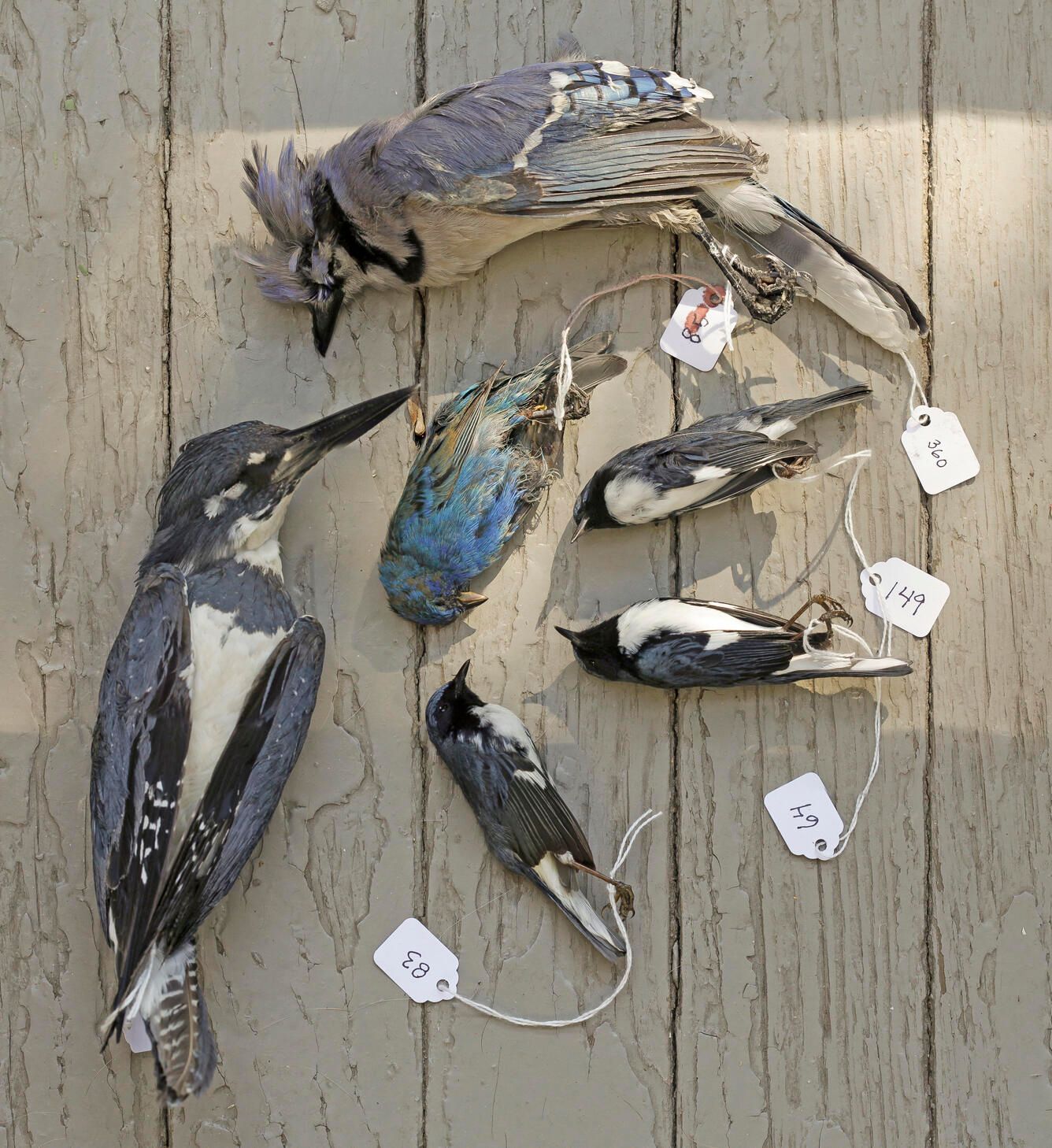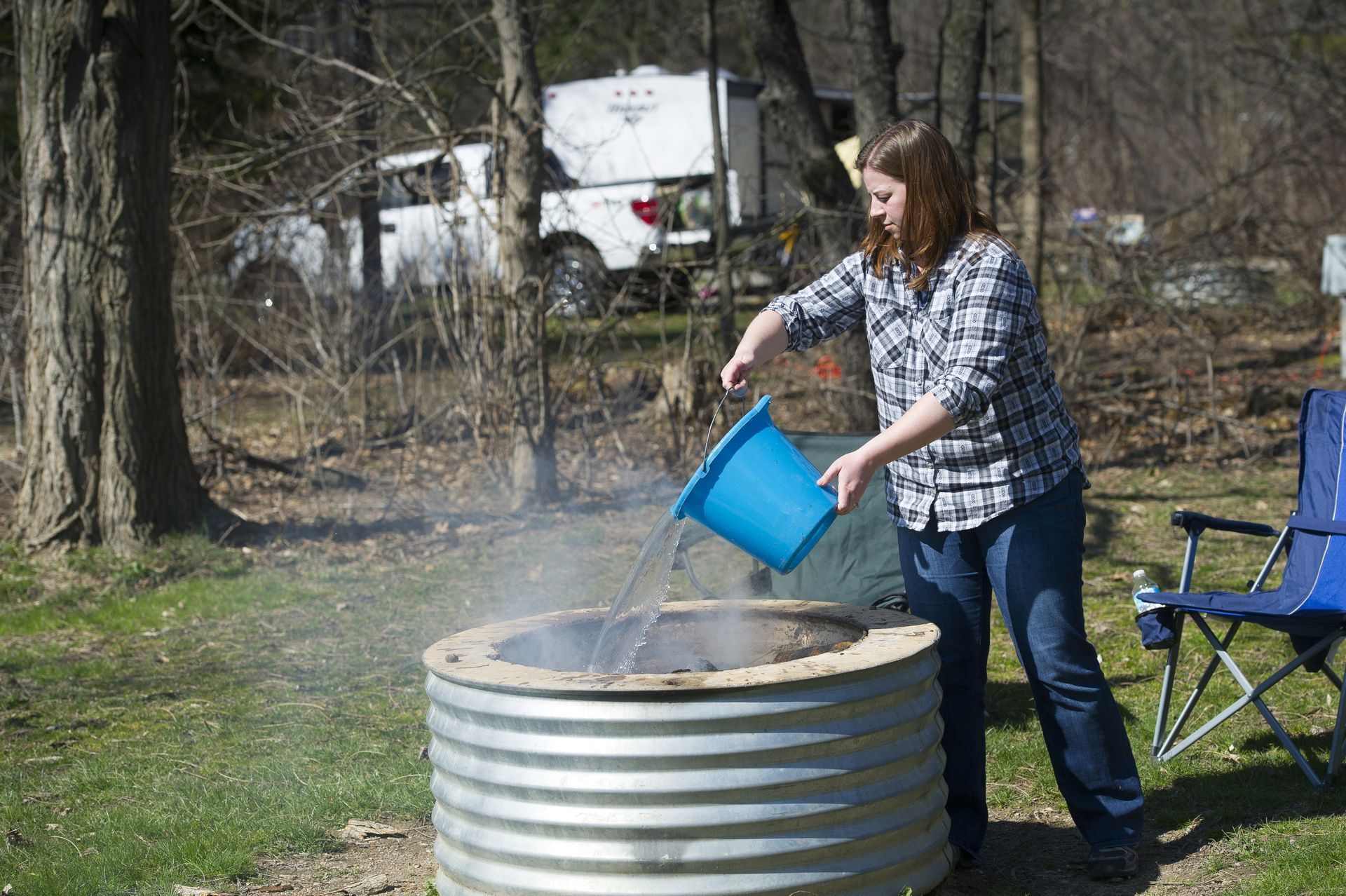Being responsible with fire has been reiterated several times through various campaigns like Smoky the Bear. With summer being barbecue season and more time spent outdoors, be sure to use the lid and close vents when done using the barbecue. Additionally, whether at home or traveling, it is important to properly extinguish a fire so as to avoid reigniting. To do this, USFWS recommends pouring water over the fire until the hissing stops from the embers and moving around the ashes in the water to fully extinguish. If water is inaccessible, dirt or sand can be used in lieu of water.
Photo courtesy of the Michigan DNR, demonstrating campfire safety at Sleepy Hollow State Park.





